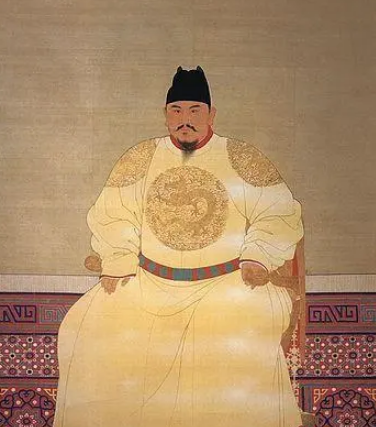In Chinese history, power struggles between emperors and powerful ministers were common occurrences. Among them, the Liang Chao factional struggle during the reign of Emperor Shenzong and Emperor Zhezong in the Song Dynasty is a typical example. This factional struggle not only affected the political situation at that time, but also had a profound impact on later generations.

During Emperor Shenzong's reign, Liang Chao was regarded as an able politician and military strategist, and was heavily relied upon by the emperor. He was appointed as the Prime Minister. However, Liang Chao's desire for power grew increasingly, and he began actively wooing other officials, forming a powerful political faction known as the "Liang Party". The existence of the Liang Party posed a serious threat to the stability of the imperial power, sparking Emperor Shenzong's vigilance.
Throughout his reign, Emperor Shenzong strived to weaken the influence of the Liang Party. However, due to Liang Chao's adept political maneuvering, the emperor's efforts yielded little noticeable results. It was until Emperor Shenzong's death and Emperor Zhezong's ascension to the throne that more aggressive measures were taken against the Liang Party.
During Emperor Zhezong's reign, he vigorously promoted officials loyal to the imperial power, forming a new political faction known as the "New Party". The emergence of the New Party dealt a severe blow to the Liang Party's influence. At the same time, Emperor Zhezong also implemented a series of administrative reforms to further weaken the Liang Party's power.
After a series of political struggles, Liang Chao was ultimately forced to resign from his position as Prime Minister, and the influence of the Liang Party was significantly weakened. The end of this factional struggle marked the reestablishment of imperial power.
However, the impact of this factional struggle did not end there. Firstly, it profoundly changed the political landscape of the Song Dynasty. The rise of the New Party tilted the political balance towards a more centralized imperial power. Secondly, this factional struggle also had a profound impact on later generations. It made subsequent emperors more vigilant against the threat posed by powerful Ministers and placed greater emphasis on maintaining the stability of imperial power.
Overall, the Liang Chao factional struggle during the reign of Emperor Shenzong and Emperor Zhezong was a typical example of a power struggle between an emperor and a powerful Minister. This struggle not only affected the political situation at that time, but also had a profound impact on later generations.
Disclaimer: The above content is sourced from the internet and the copyright belongs to the original author. If there is any infringement of your original copyright, please inform us and we will delete the relevant content as soon as possible.
































